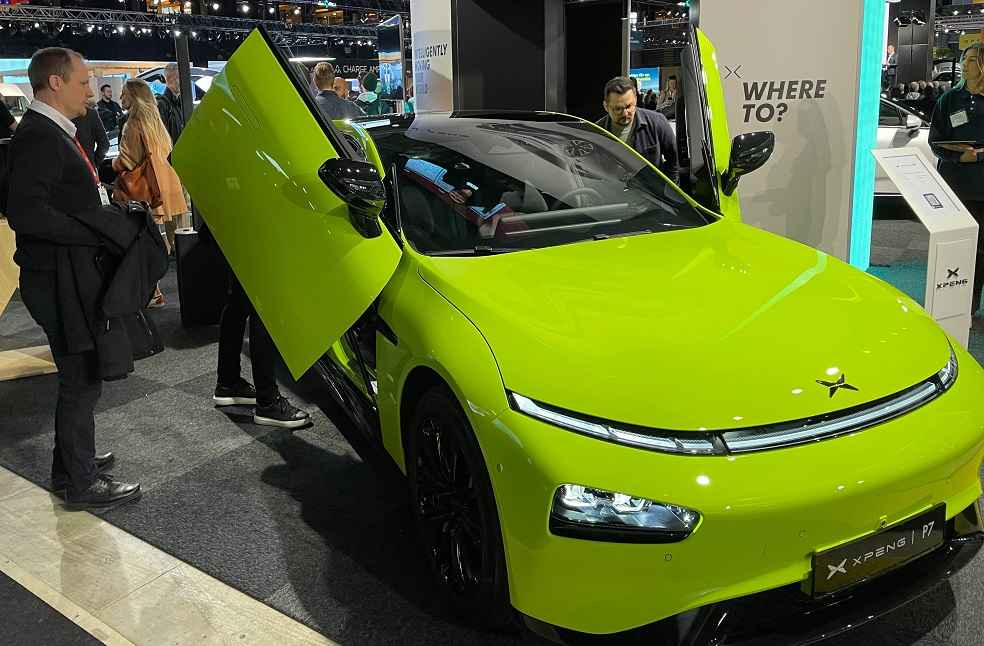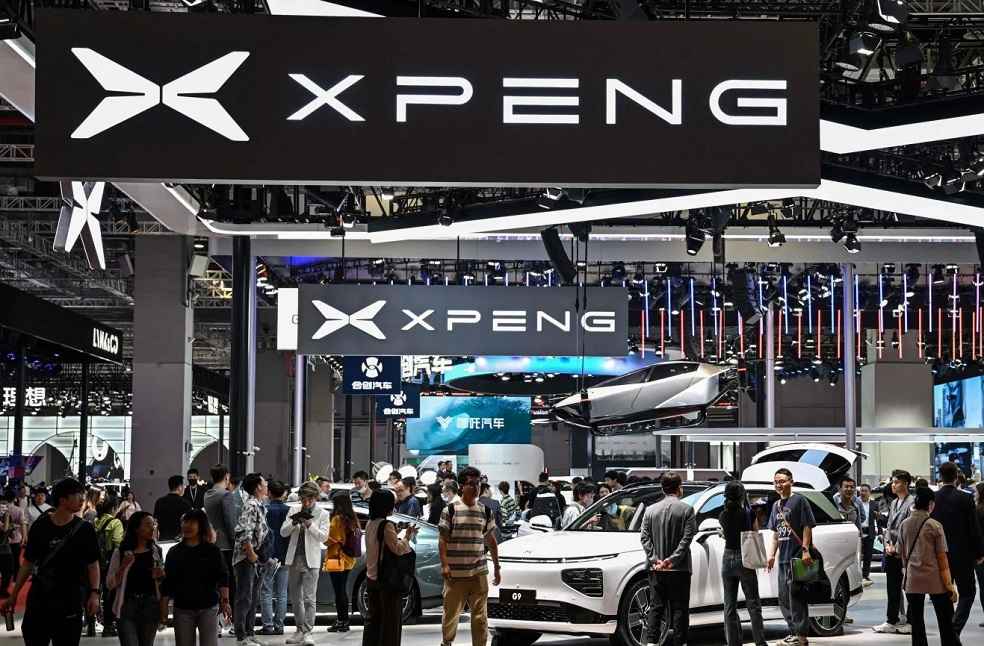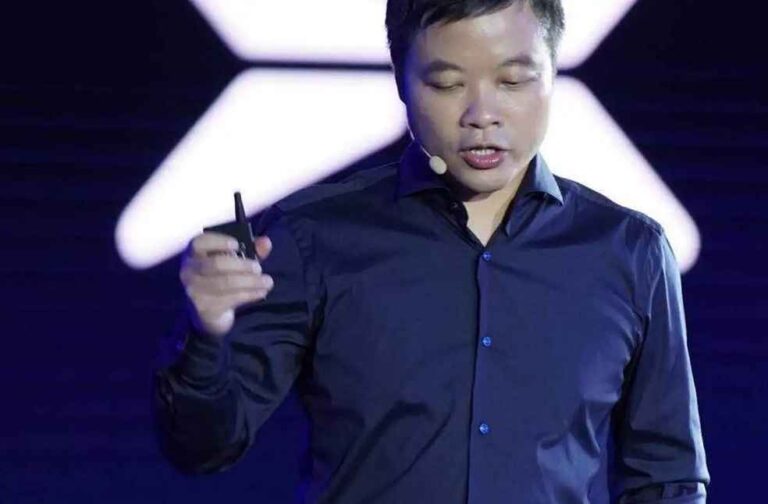Chinese electric vehicle (EV) manufacturer XPeng plans to expand its global footprint significantly, with a target to operate in 60 countries by the end of 2024, doubling its current reach, CEO He Xiaopeng announced on Saturday.
Founded in 2014, XPeng is among China’s most ambitious EV makers, emphasizing cutting-edge technology and innovative design. Speaking at a press event in Guangzhou, where XPeng cars were being shipped to Thailand, He highlighted the company’s rapid international expansion.
“We are going to accelerate from the 30 countries and regions where we were present in 2024,” He said. “This year, we will increase to 60 and will have established more than 300 after-sales service points worldwide.”

XPeng already has a presence in key European markets, including France, Germany, Sweden, and Norway. Despite the European Union’s decision to impose additional tariffs of up to 35.3% on Chinese-made EVs, XPeng remains committed to global expansion. The company is banking on its advanced features, such as driving assistance, rapid charging, and modular interiors, to differentiate itself in a highly competitive market.
He projected that by 2033, half of XPeng’s total sales would come from outside China, reinforcing the brand’s international ambitions.
Meanwhile, China’s EV market continues to grow at a record pace. According to the China Passenger Car Association (CPCA), 10.9 million hybrid and electric vehicles were sold domestically in 2023, reflecting a more than 40% increase from the previous year. This surge has been fueled by government subsidies and strong state support for battery-powered vehicles, enabling companies like XPeng and BYD to take a leading role in the sector.

However, He cautioned that China’s EV industry is entering a phase of intense competition, with some manufacturers likely to struggle. “This year marks the start of the elimination phase in China. I think it’s going to be extremely intense in 2025, 2026, and 2027,” he noted, signaling potential consolidation in the market as companies compete on price, service, and technological advancements.
NEW LAUNCH | Saic and Huawei Partner to Build New Energy Vehicles





